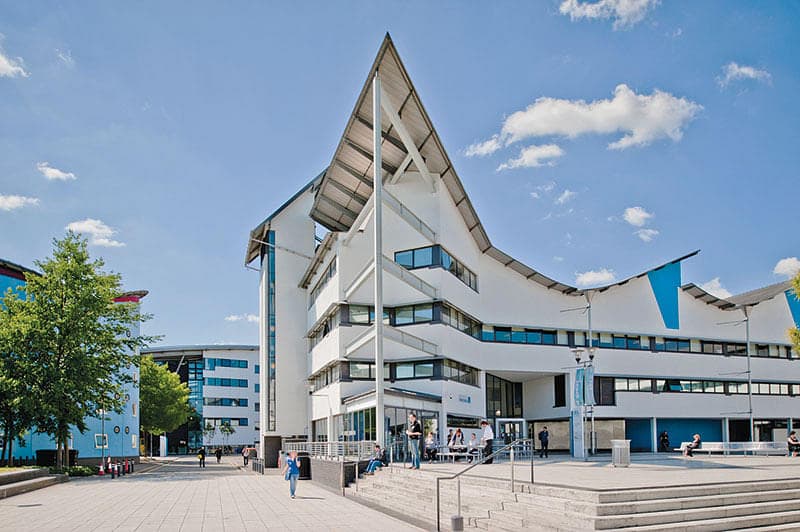MODULES
Year 1
CORE MODULES
Critical Theories International Relations
This module encourages an in-depth engagement with some of the key ideas that constitute Critical International Relations. Our starting point is the view that the discipline of International Relations has contributed very little to the amelioration of global problems. In a world of mounting global problems some radical re-thinking is required. All the critical approaches discussed on this module supply a different account of the character of international relations, and suggest different ways in which we might act to address the problems that we confront.
Global Environmental Politics
To develop an in-depth and critical understanding of the theoretical debates, institutional processes and political practices associated with the international politics of the environment and environmental change and the ways this is contested and represented in the media and by social movements.
Research Methods for Social Science
This module equips students with an understanding of how to take up and use a range of research methods to inform evidence based policy making with a view to them putting these into action to enhance their employability.
Policy and Practice of Humanitarianism and Development - Mental Wealth
The module aims to offer you a combination of theoretical and practice-based knowledge and experiences from the fields of humanitarianism, development and international politics, with an interdisciplinary and participatory approach. The module provides an in-depth analysis of the politics of policy and practice of development and humanitarianism. The module will also offer practical applied skills in analysing case studies and policy-making related to international development, humanitarianism, displacement, gender-based violence, and human trafficking.
Independent Applied Research Project
This module consolidates the knowledge acquired and skills developed in earlier modules intended to prepare you to execute a piece of independent and original work. The module aims to support you in the research and development process suitable for conducting an appropriately managed project, whilst improving your research skills and refining your ability to use them productively. It also aims to help you to offer evidence of self-management in respect of planning, recording and evaluation within the original work produced.
OPTIONAL MODULES
International Human Rights
This module aims to provide an overview of human rights international human rights, their enforcement mechanisms and the contexts in which they are implemented. The module juxtaposes the conceptual and normative framework for international protection of rights with the prospects and strategies for their realisation through a range of methods both formal and informal and by the agency of diverse actors. The module critiques universal and regional human rights regimes as well as domestic approaches through examination of a range of human rights issues. Throughout the module, emphasis will be placed on examining the procedural and substantive provisions to examine good practices and testing tools and strategies.
Introduction to Conflict, Displacement and Human Security
1. To familiarise students with key aspects of contemporary conflicts, changing dynamics of displacement and increased human insecurity.
2. To adopt a comprehensive approach to the understanding of the intersection of conflict, displacement, human security and development.
3. To place emphasis on people as social actors and agents of social change.
4. To examine strategies to prevent conflicts and to promote reconciliation and peace-building.
Forced Migration in the Global Era
As part of this module you will critically examine key issues associated with forced migration and the refugee experience. It will engage you with evaluation of the socio-political processes of construction and production of a range of categories labelling people on the move: forced migrant, refugee, asylum seeker, irregular migrant etc. This will enable you to develop your intellectual position on important contemporary issues ranging from human rights, securitization of migration and their global and local dimensions, such as protracted displacement, to the processes of inclusion, exclusion and identity politics in receiving societies.
By completing this module, you will be able to evidence both the crucial level of relevant knowledge as well as critical thinking skills required for future engagement in evidence-based assessment and evaluation of the situation of marginalised and vulnerable groups in society - something future employers will look for in your portfolio.
